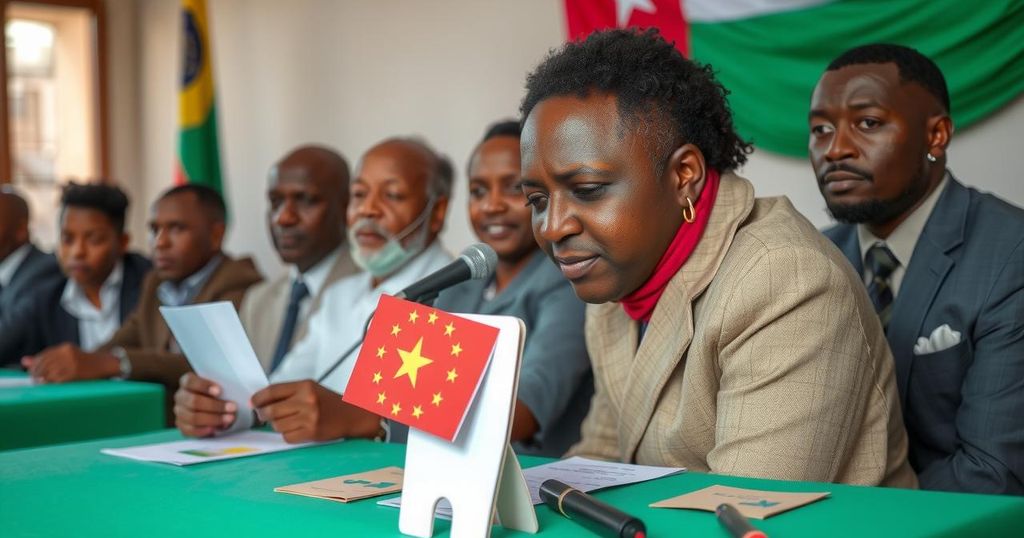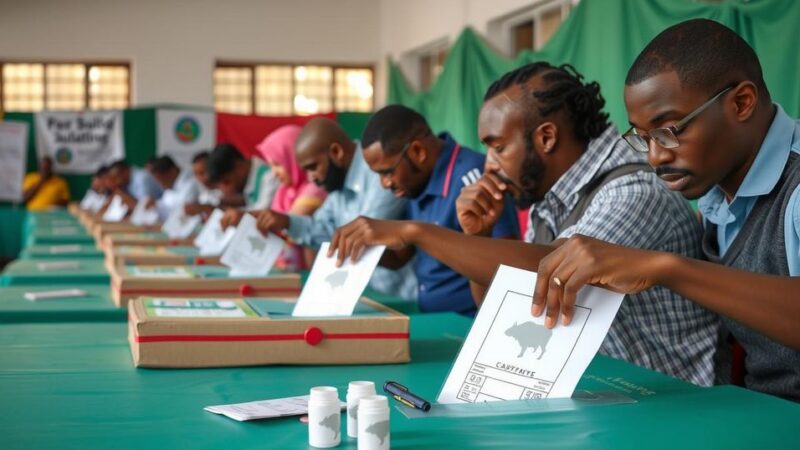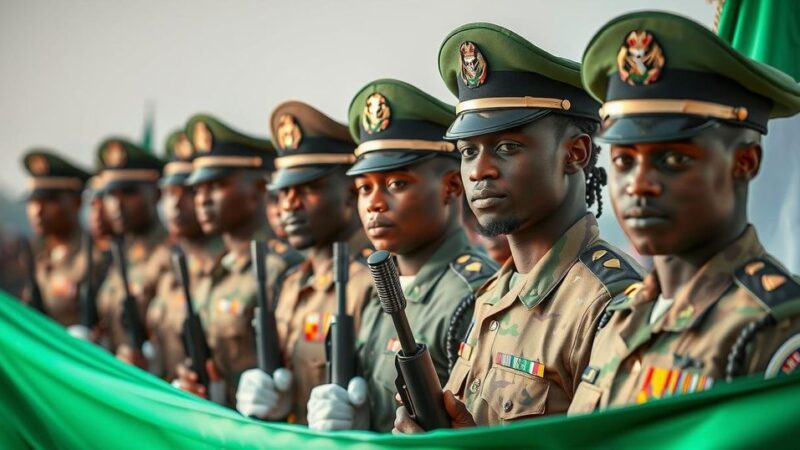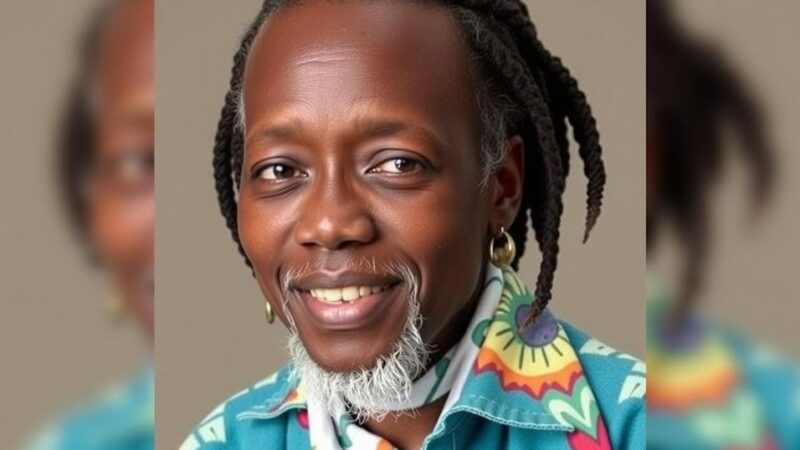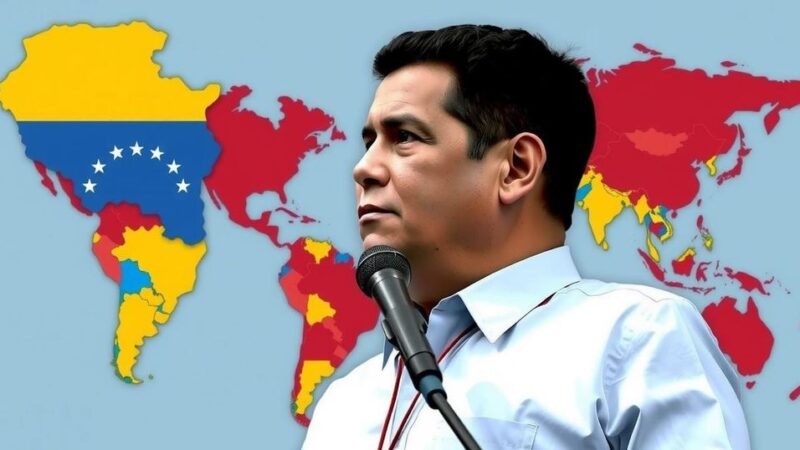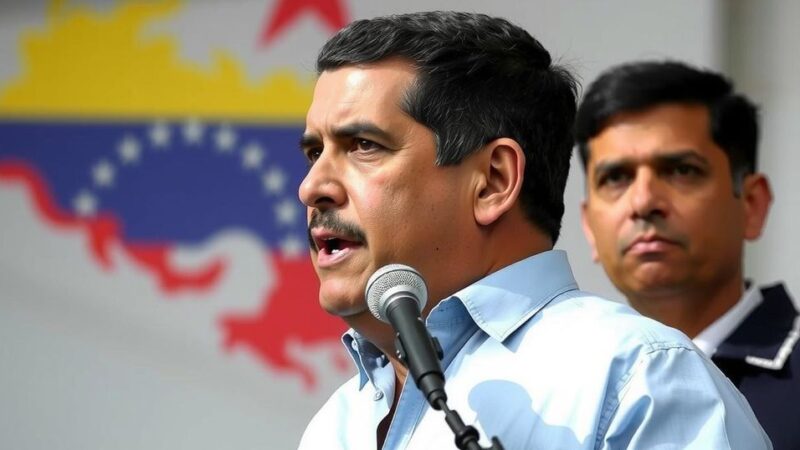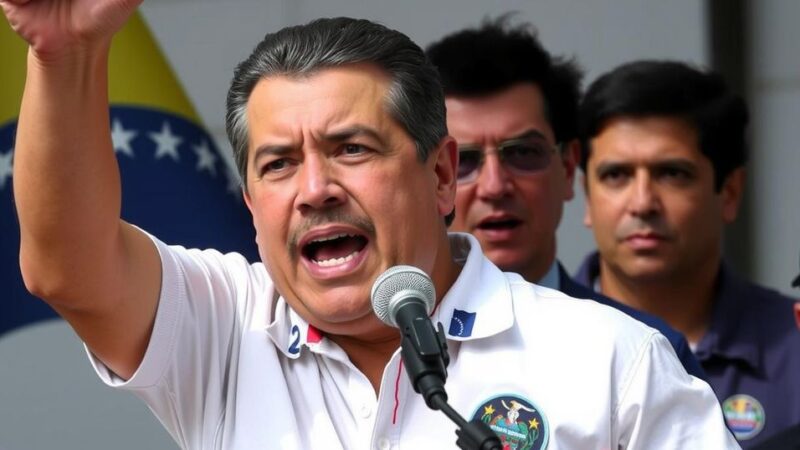Comoros held a parliamentary election on Sunday amid a boycott by some opposition parties, who accused the ruling party of authoritarianism and electoral misconduct. Approximately 330,000 registered voters were anticipated to participate, but a low turnout was expected. Assoumani’s past elections have been criticized as fraudulent, reflecting ongoing political repression in the archipelago, which has experienced significant unrest due to these issues.
On Sunday, Comoros conducted a parliamentary election, amid a boycott from some opposition factions who accuse President Azali Assoumani and his ruling party of entrenched authoritarianism and voting irregularities. This election will determine the composition of the 33-seat legislature, with results anticipated next week. Approximately 330,000 registered voters out of the 850,000 population were expected to participate, but opposition leaders expressed concerns of low voter turnout due to widespread disenchantment with the electoral process.
President Assoumani’s party previously secured 20 out of 24 contested seats in the 2020 parliamentary elections, which opposition parties labeled a “masquerade,” citing the lack of fair competition. Assoumani, who cast his vote in Mitsoudjé, faced accusations of corruption and electoral malpractice in last year’s presidential election, which prompted significant civil unrest. The boycott of the current election by Ahmed Abdallah Sambi’s Juwa Party, among others, underscores the continuing tension surrounding the nation’s democratic institutions.
Comoros, an archipelago off the east coast of Africa, has a history marked by numerous military coups since it gained independence from France in 1975. Azali Assoumani, a former military official, initially assumed power by overthrowing the president in 1999. Despite stepping down in 2006, he re-emerged in 2016 to reclaim the presidency, subsequently amending the constitution to circumvent term limits. The Africa Center for Strategic Studies has highlighted the increasing political repression under his administration, culminating in non-competitive electoral practices that have raised international concerns.
Despite adverse weather conditions from Tropical Cyclone Dikeledi, officials confirmed that voting proceeded as planned, reflecting the ongoing political strife within this Indian Ocean nation.
The parliamentary election in Comoros emerges from a tumultuous political landscape characterized by accusations of authoritarian rule and electoral malpractice. President Azali Assoumani, who has been in power through multiple elections since 2015, has faced significant challenges from opposition parties. The opposition has consistently claimed that Assoumani’s government has suppressed democratic freedoms and manipulated electoral processes. This environment is compounded by Comoros’ historical instability, including military coups since independence.
In summary, the parliamentary election in Comoros, marred by opposition boycotts and allegations of irregularities, encapsulates the fragile state of its democracy. The dissenting voices against President Azali Assoumani’s regime signal a deep-rooted discontent among the populace. As the electoral results are awaited, the ongoing challenges to political legitimacy and democratic governance in Comoros remain central issues that warrant international attention.
Original Source: www.wral.com

